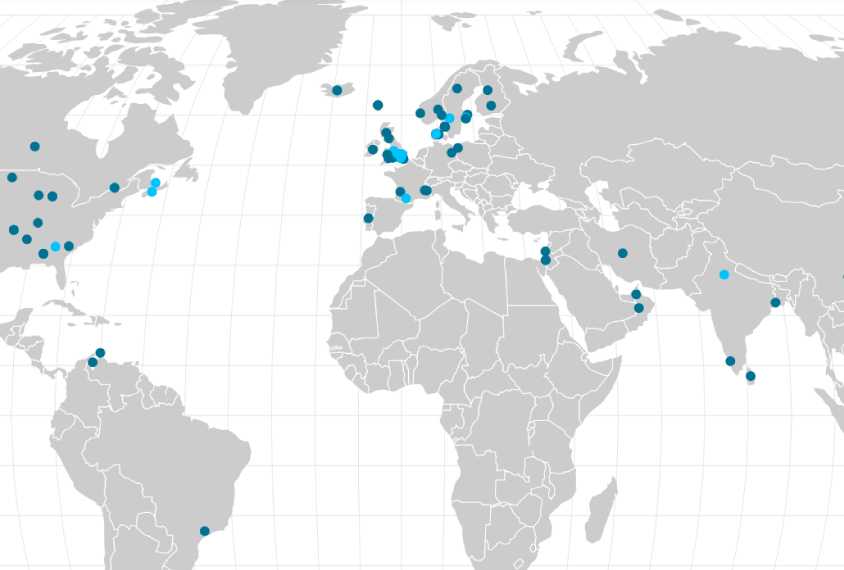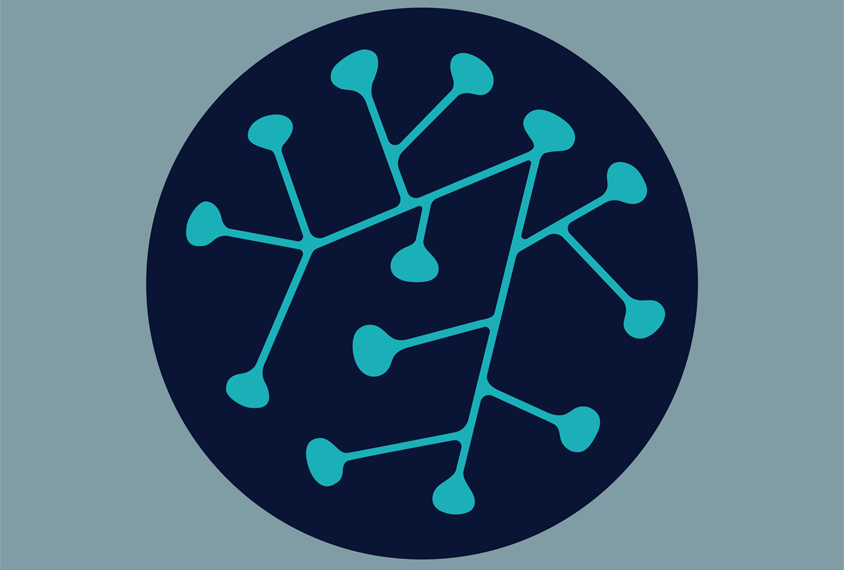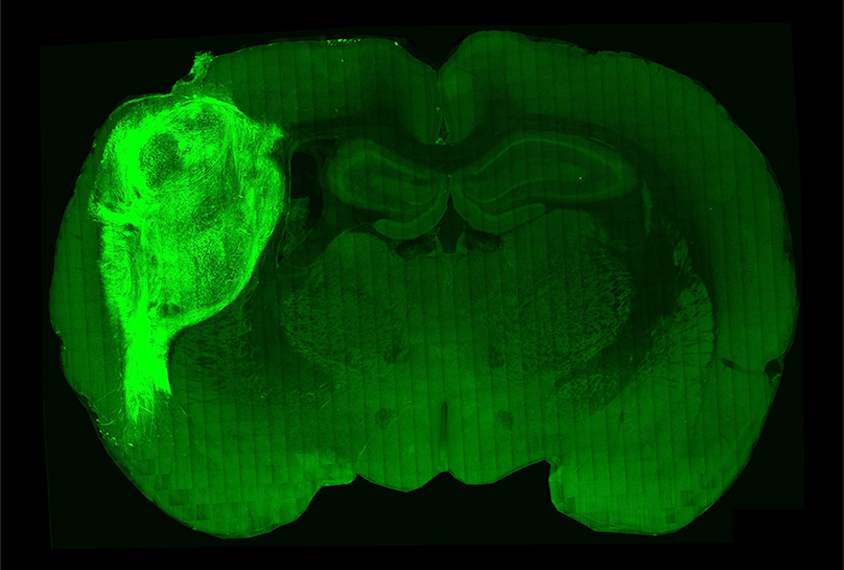Spectrum
From this contributor
Map of global autism prevalence
View an interactive map of studies on autism prevalence around the world. The map highlights places where information is available — and places where information is missing.
Introducing ‘Synaptic,’ a new podcast from Spectrum
Explore the people, the science and the challenges in autism research.
Journal Club: Meta-analysis oversells popular autism screen
The Modified Checklist for Autism in Toddlers (M-CHAT) accurately flags autistic toddlers, a new systematic review and meta-analysis suggests, contrary to past evidence that the tool’s validity varies depending on a child’s age and traits. Experts weigh in on the discrepancy.

Journal Club: Meta-analysis oversells popular autism screen
40 under 40
In 2022, we asked our profile subjects and sources to flag rising stars in their labs or among their former students. The result is this list of 40 young researchers who are working on autism-related science across the globe.
Hot topics in autism research in 2022
This year saw the debut of ever-more complex techniques to grow and analyze brain organoids and other 3D tissue cultures, among other advances.
Explore more from The Transmitter
Human brain may anticipate looming contagion
Seeing a visibly ill avatar in virtual reality activates a neuroimmune pathway in brain areas related to peripersonal space and prompts an immune response, a small new study suggests.
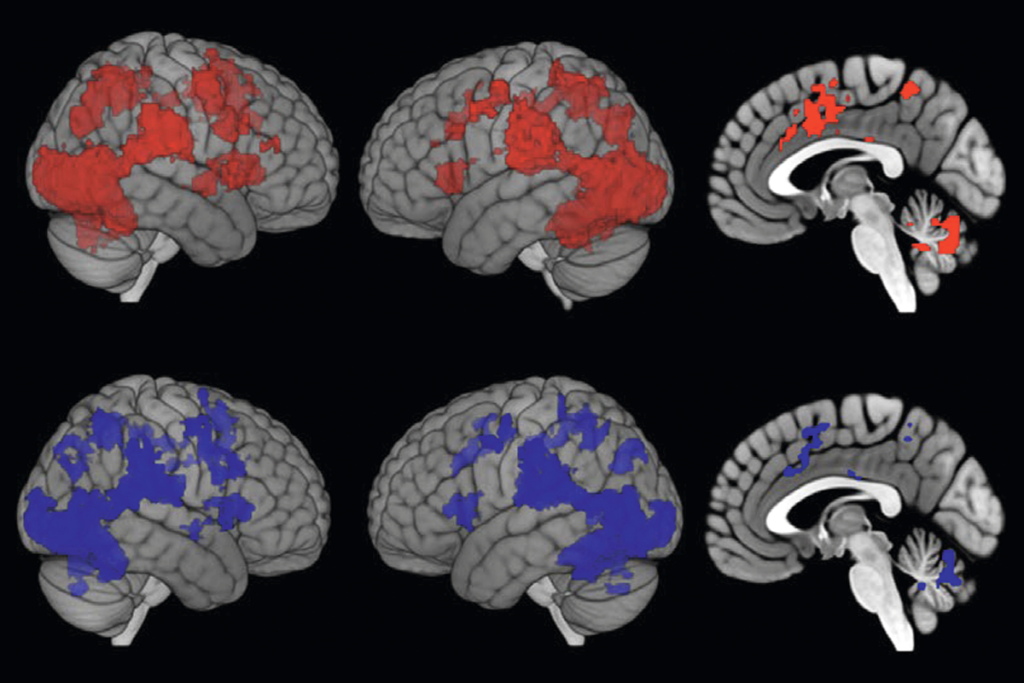
Human brain may anticipate looming contagion
Seeing a visibly ill avatar in virtual reality activates a neuroimmune pathway in brain areas related to peripersonal space and prompts an immune response, a small new study suggests.
What U.S. science stands to lose without international graduate students and postdoctoral researchers
Neuroscience in other countries will strengthen—at the United States’ expense—as rising visa restrictions and rejections block many international students from enrolling at U.S. institutions and dissuade others from applying.

What U.S. science stands to lose without international graduate students and postdoctoral researchers
Neuroscience in other countries will strengthen—at the United States’ expense—as rising visa restrictions and rejections block many international students from enrolling at U.S. institutions and dissuade others from applying.
New dopamine sensor powers three-color imaging in live animals
The tool leverages a previously unused segment of the color spectrum to track the neurotransmitter and can be used with two additional sensors to monitor other neurochemicals at different wavelengths.
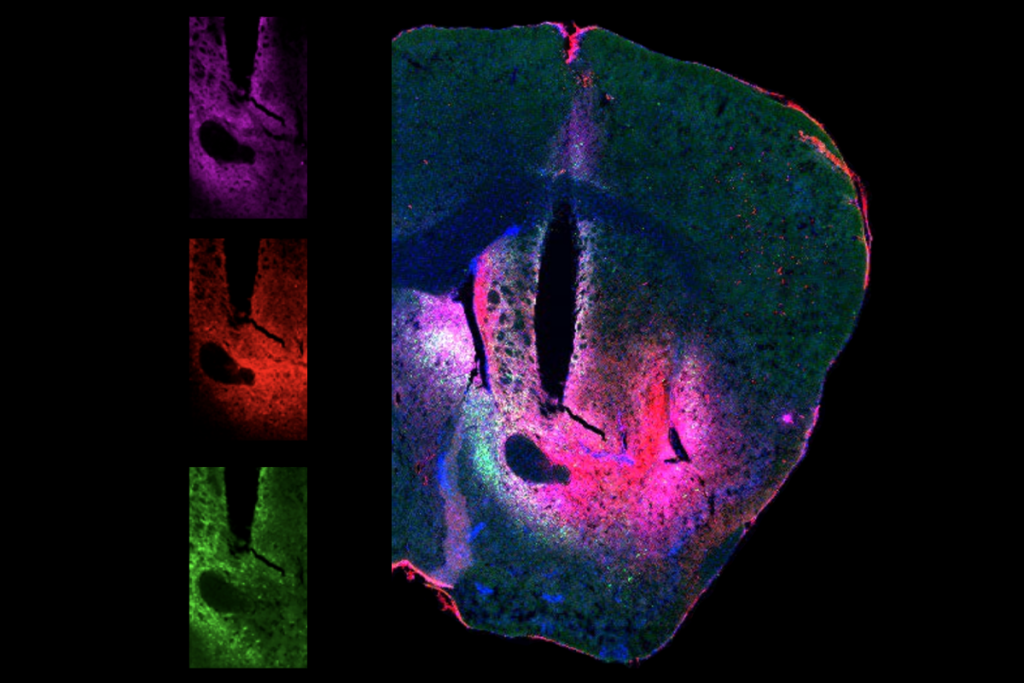
New dopamine sensor powers three-color imaging in live animals
The tool leverages a previously unused segment of the color spectrum to track the neurotransmitter and can be used with two additional sensors to monitor other neurochemicals at different wavelengths.
